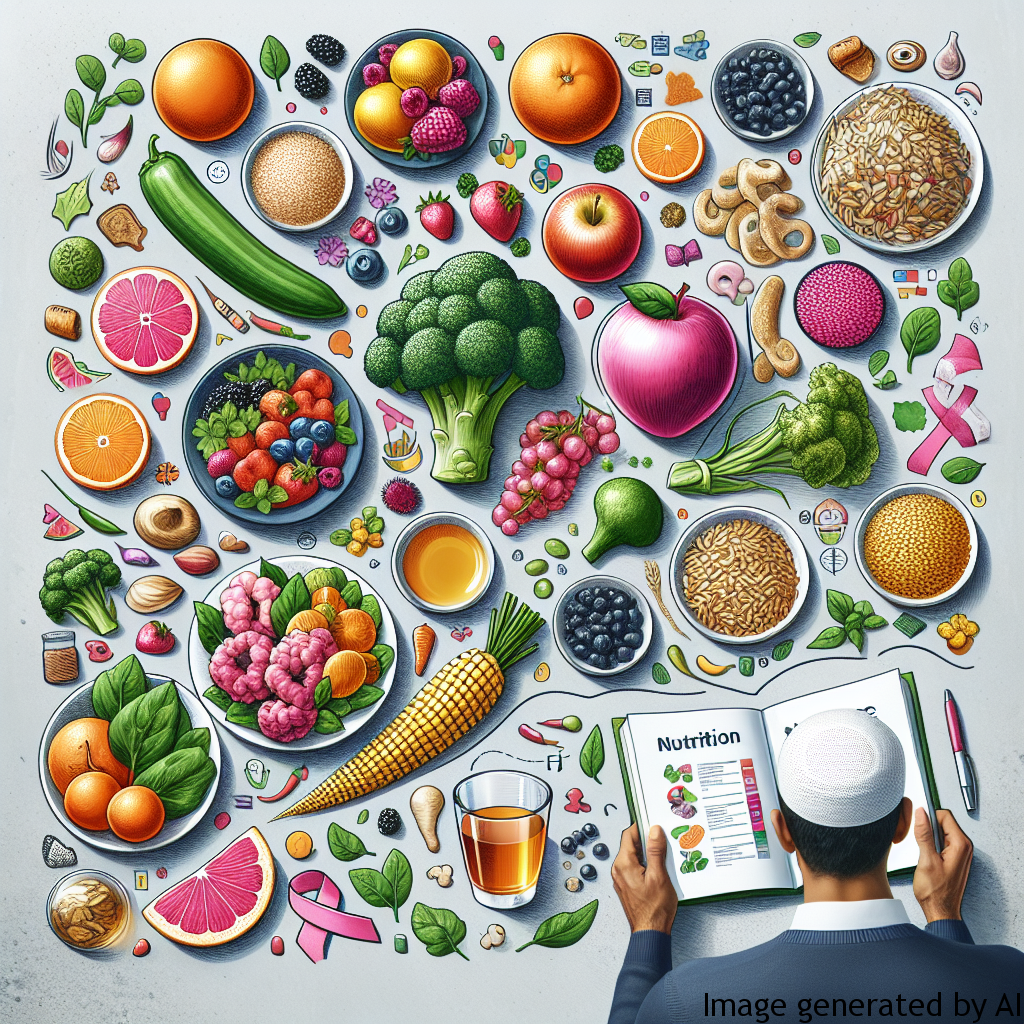Introduction
Proper nutrition plays a critical role in preventing various diseases, including cancer. Epidemiological studies have consistently associated a healthy diet with a reduced risk of several types of cancer. Independent of other lifestyle factors, diet alone has been estimated to contribute to approximately one-third of cancer deaths. This article will discuss the importance of nutrition for cancer prevention, its relationship with gender, and some tips for improving one’s diet.
Gender Expectations and Their Influence on Men’s Health
Understanding Gender Expectations
Gender expectations can greatly affect men’s health. Society often imposes certain expectations on men, such as being strong, independent, and never showing weakness. Such expectations can negatively influence men’s eating behaviors, making them more likely to make poor dietary choices or refrain from seeking help for eating disorders or diet-related conditions.
Implications for Cancer Prevention
These gender-linked behaviors can have a significant effect on cancer prevention. Men who perceive certain foods or dietary practices as “unmanly” may avoid important nutrients necessary for cancer prevention. For instance, there is a gender perception that salads and vegetables are “feminine” foods. Men who subscribe to this view may miss out on key anti-cancer nutrients found in these foods.
Examples of How Gender Roles Can Influence Men’s Lives
A classic example of gender roles influencing men’s lives can be seen in drinking alcohol. Drinking, especially in excessive amounts, is often perceived as a “manly” activity. However, it is worth noting that alcohol is a well-established risk factor for a number of cancers, including mouth, throat, esophagus, liver, and colon cancer. Likewise, foods high in fat and low in fiber, often associated with “manly” diets, can increase the risk of colorectal cancers.
Tips for Improving Psychological Health Considering Gender Roles
Addressing gender norms and stigma associated with diet can be one of the strategies to promote healthier eating habits among men. Educating men about the importance of a balanced diet and encouraging them to incorporate a variety of foods in their diet is important. Men should be encouraged to eat more fruits and vegetables, and not to associate them with femininity. Raising awareness about the harmful aspects of excessive alcohol consumption is also vital. Therapeutic interventions, such as counseling or support groups, can be useful for men who struggle with these issues.
Conclusion
Gender roles and expectations can significantly influence men’s eating behaviors and, consequently, their risk of developing cancer. It is crucial to challenge these stereotypes and promote healthier eating habits among men. Furthermore, there is a need for continued research in this area for the development of more effective strategies aimed at preventing cancer through dietary modification.

